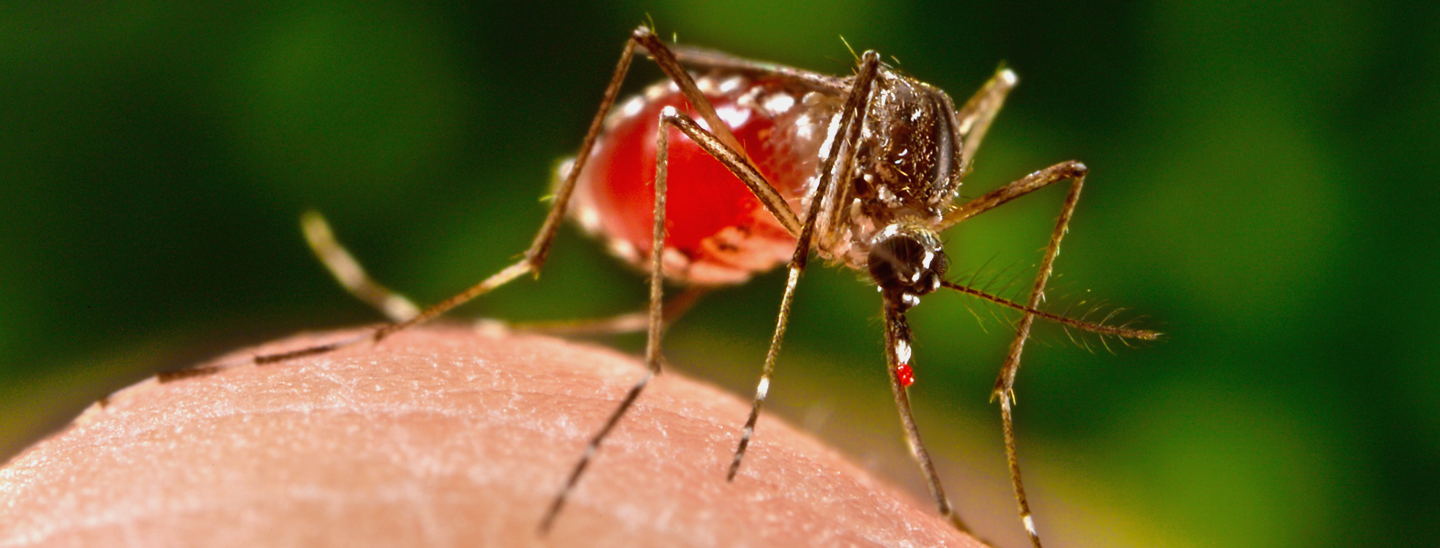Forty-two percent of Americans said it was likely that people infected with the Zika virus will die from it, according to a new survey conducted by the Annenberg Public Policy Center. However, according to the Centers for Disease Control and Prevention (CDC), “People usually don’t get sick enough to go to the hospital, and they very rarely die of Zika.”
Although most people are familiar with news coverage on Zika (68 percent), the survey suggests that many don’t have correct information about it. Those surveyed were roughly divided on whether it is accurate (44 percent) or not (46 percent) to say that people infected with Zika will know it because the virus always produces noticeable symptoms. It’s not accurate. The CDC has said that “most people infected with Zika virus won’t even know they have the disease because they won’t have symptoms” – in fact, eight out of 10 people are asymptomatic.

“It’s critical that public understand that it’s possible to have and as a result to transmit the virus while showing no symptoms,” said Kathleen Hall Jamieson, director of the Annenberg Public Policy Center (APPC) of the University of Pennsylvania. “Health officials and the media need to more clearly communicate that fact.”
The Annenberg Science Knowledge (ASK) survey is the fourth in APPC’s series on the Zika virus and its health, policy and behavioral implications. The phone survey was conducted for APPC by the research firm SSRS among 1,019 respondents from March 2-7. It has a margin of error of ±3.7 percent.
The Zika virus, which has spread throughout Latin America, is suspected of having a link to microcephaly, a birth defect in which babies are born with unusually small heads. The CDC has said pregnant women should avoid traveling to areas with Zika.
The current ASK survey found that half of Americans (51 percent) continue to be concerned that Zika will spread to their neighborhoods, though as of March 2 no locally transmitted cases had been reported in the continental United States, according to the CDC. The continental U.S. cases were associated with travel to Zika-infected areas.
The survey also found that 44 percent of respondents incorrectly thought that the mosquito that carries Zika can be found in every state of the continental United States. The Aedes mosquito, which transmits the virus, is found mainly in the southern and eastern United States and Hawaii.
For data from the survey and methodology, click here. To download this release, click here. For more about the prior surveys, click on the following links:
Most Americans Would Likely Alter Travel Plans to Avoid Zika (March 3, 2016)
Zika Survey: Some Incorrectly Link Pesticide and Vaccines to Microcephaly (Feb. 25, 2016)
Half of Americans Concerned Zika Will Spread to Their Neighborhoods (Feb. 23, 2016)


